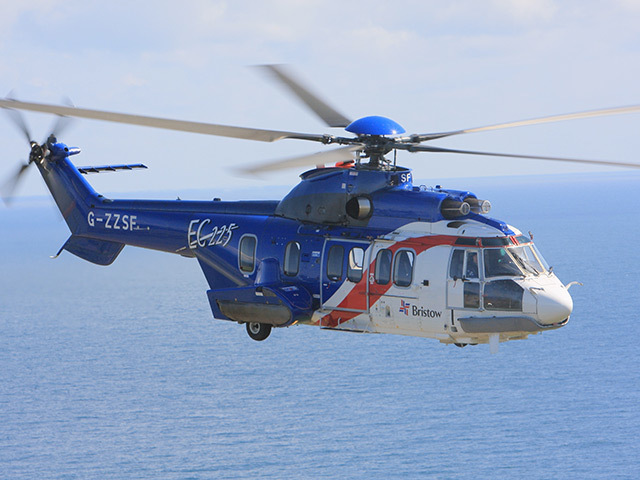
Offshore unions have praised the down-valuing of Super Puma helicopters as a success for common sense.
Last week engineering giant Babcock said it had taken charges relating to down-valuing its fleet of 13 Super Pumas as part of a wider £120m restructuring of its oil and gas business.
It followed a fatal crash involving the EC225 model off Norway in 2016 which killed 13 people.
The model has not returned to operations in the North Sea.
Tommy Campbell, regional officer at Unite and chairman of the Offshore Coordinating Group, said the dangers of the aircraft are still present in workers’ minds.
“It’s not of any surprise given the history of the aircraft on both sides of the North Sea, with tragedies in Norway and the UK sectors,” he said. “The Offshore Coordinating Group has consistently flagged up its concerns about the 225.
“There’s a huge emotional issue for the offshore workers given they lost their workmates through these helicopters.
“The message is still loud and clear from the work force that there is still no way they will get back on a 225 ever again.”
The Sikorsky S-92 is now the dominant force, with 37 in the North Sea – carrying more than two thirds of passengers in 2017.
Mr Campbell’s words were echoed by Jake Molloy of the RMT Union, who said the sector needs more variety in its fleet.
He said: “We’re more looking for common sense and common sense has prevailed. The aircraft’s record speaks for itself.
“We need to be aware of the fact that we’re very much reliant on a single aircraft now. There’s nothing that compares on size and distance in the market than the S-92. We’ve got to take that into consideration. We also need to reflect on the fact that helicopter travel still remains the most dangerous aspect of working offshore.
“I think we need variety going forward. We can’t afford to put all of our eggs in one basket. God forbid anything happens with the S92, we have had one event and but for the skills of the piliot that could have been a disaster.
“You can never say never, so we need more aircraft of the type required to service the North Sea. We need the manufacturers to look at that. I think the Bell corporation have got something coming soon, there’s others in three to four years’ time.
“At the end of the day, you don’t see tourists on a package holiday wearing diving gear to go across the Atlantic. To travel to work fully relaxed and in relative confidence in the aircraft, that has to be the objective that we strive for. “
Recommended for you

